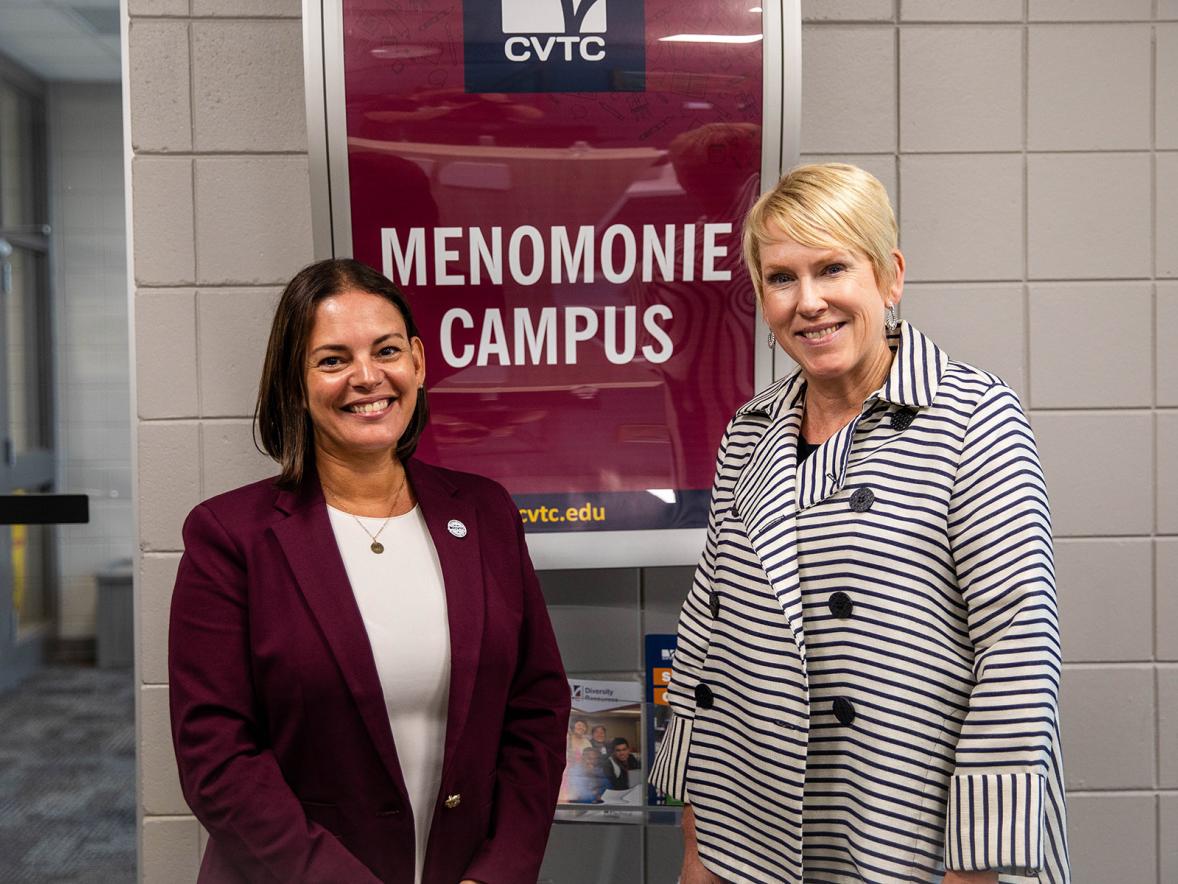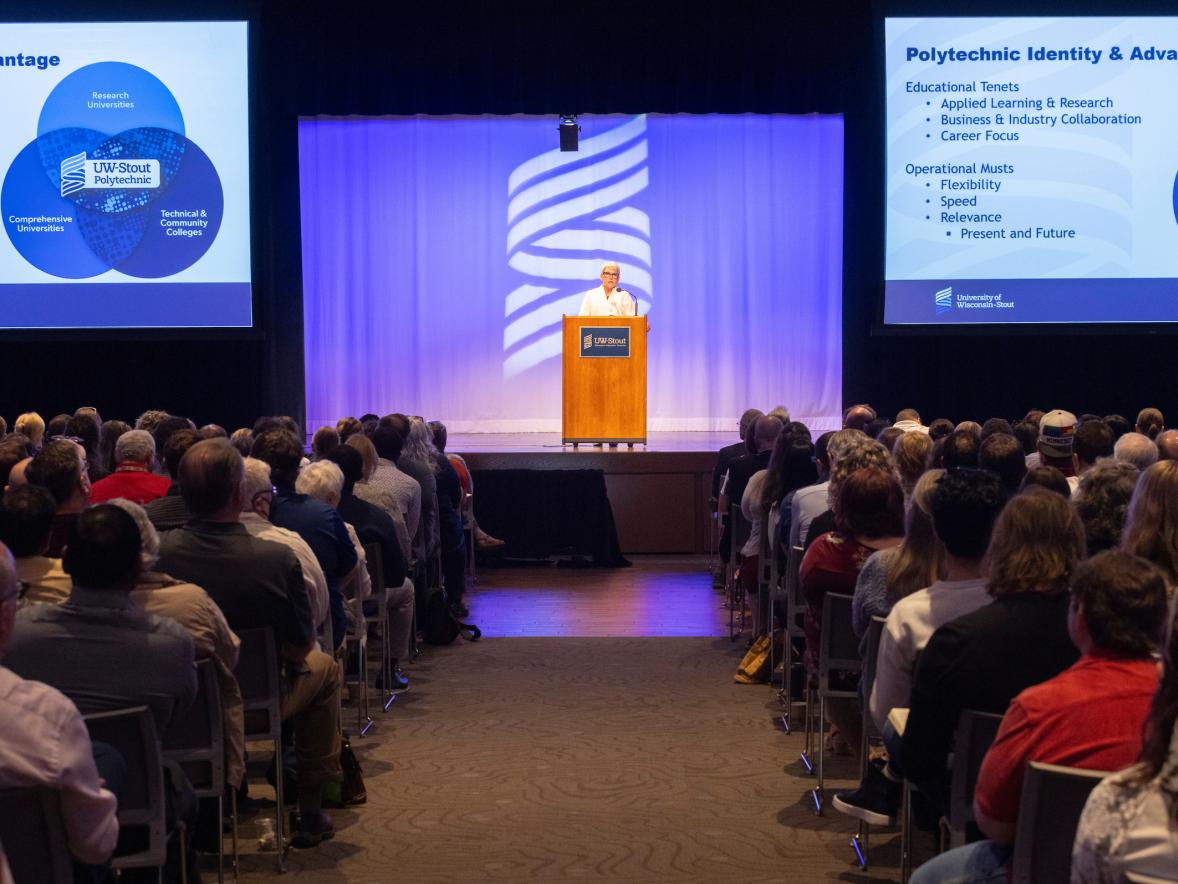Interest in graduate business school programs has always maintained a close relationship with the business cycle. For example, according to MBA news source Clear Admit, MBA applications peaked for many of the elite programs in 2020 in the depths of the COVID pandemic, and in 2024 business-oriented newspapers started noting a new spike in applications. “Applications to M.B.A. Program Soar,” from the Oct. 23, 2024, issue of the Wall Street Journal, noted that applications nationwide had risen by 12% in the previous year.
As a dean and data nerd, I follow trends in enrollment very carefully. It is very typical for enrollments at all levels to grow as the economy slows down because people use the time between jobs to upskill. As it did in many other ways, the COVID pandemic changed the pattern as we saw an economic slowdown along with a general decrease in enrollment. MBA enrollments went counter to that trend, growing in 2021 and 2022 and then shrinking in the following years. The more recent growth in applications in 2024 could be a leading indicator of an economic slowdown, especially in white collar jobs such as finance, banking, big tech and consulting where an MBA is generally considered to be a valuable degree.
You may ask, then, why doesn’t UW-Stout offer an MBA? The number of MBAs awarded is a good proxy for the general interest in master’s degrees in business fields, and we have been looking carefully at our offerings in this area. Stout currently offers master’s degrees in operations and supply management, training and talent development, and risk control and safety. These are all degrees that are very much business-related but are more specific than the general business MBA. And the same thinking created Stout’s new master’s degree in applied computer science, which offers people with nontechnical degrees the opportunity to combine their expertise with an overlay of computer science skills in areas such as coding, data and cybersecurity.
I had an interesting experience discussing the value of an MBA with four industry leaders – three of them Stout alumni. Let’s just say they were not overly impressed with what a traditional MBA had to offer. That response was probably not that surprising since they were from industries that I see as very practical and very Stout-aligned: construction, manufacturing, printing and hospitality. An MBA is designed to be a general degree, focusing on finance, strategy and leadership. In my two years at Stout, I’ve met a remarkable number of Stout alumni in executive leadership roles in companies large and small, and they seem to do very well without an MBA. What they have in common are undergraduate degrees from our programs that are designed to develop leadership skills in technical fields.
As the world adjusts to generative AI, our more practical and applied master’s degrees will be increasingly valuable. Generative AI is very good at providing middle-of-the-road answers to standard questions – in other words, it can make a beginner look like someone with a medium amount of experience. It is entirely possible that someone who would have relied on an MBA as an entry point into the business world from, say, engineering, could now use AI to generate the needed general business information. What AI cannot do is provide nuanced solutions to complex problems that require in-depth knowledge combined with an understanding of a particular company’s operations. That’s what Stout’s business-related master’s degrees provide – a depth of knowledge in important fields that AI simply is not close to being able to replace.
There are two ways to think about training business leaders. One is a generalist education (MBA) that provides an overview of business operations that could apply to any organization. The other is building expertise in a particular field with the expectation that an individual can grow into a leadership role based on an understanding of the core business operations. Stout’s alumni show the success of the latter approach with an impressive list of industry leaders in areas like construction, hospitality, manufacturing, printing and more. Our School of Management master’s programs were built on that principle, and I will continue to contend that expertise in a field is the best base for a career. The burning question that everyone is trying to address is: How will recent advances in AI change the relative value of different types of degrees? AI will have impacts on specific fields, like helping with coding, but I suspect that its broadest impact will be to provide medium-level expertise in almost any area. If that is correct, it will elevate the value of detailed expertise relative to a generalist’s knowledge, because everyone will effectively be a generalist.
Stout will continue to analyze the trends to ensure we’re making sound decisions for our future, as should any prospective graduate student – and who knows, that could include an MBA or a degree in AI – but at the moment, the smart investment for a workforce standing at the fork in the road is to follow a path that distinguishes them with specialized knowledge.
Daniel Freedman is dean of UW-Stout's College of Science, Technology, Engineering, Mathematics & Management. Before joining UW-Stout, he served as dean of the School of Science and Engineering at SUNY New Paltz, where he also was founding director of the Hudson Valley Additive Manufacturing Center. He holds a Ph.D. in inorganic chemistry from the University of Minnesota and has taught a wide variety of chemistry courses at the undergraduate and graduate levels throughout his 34 years in higher education.







